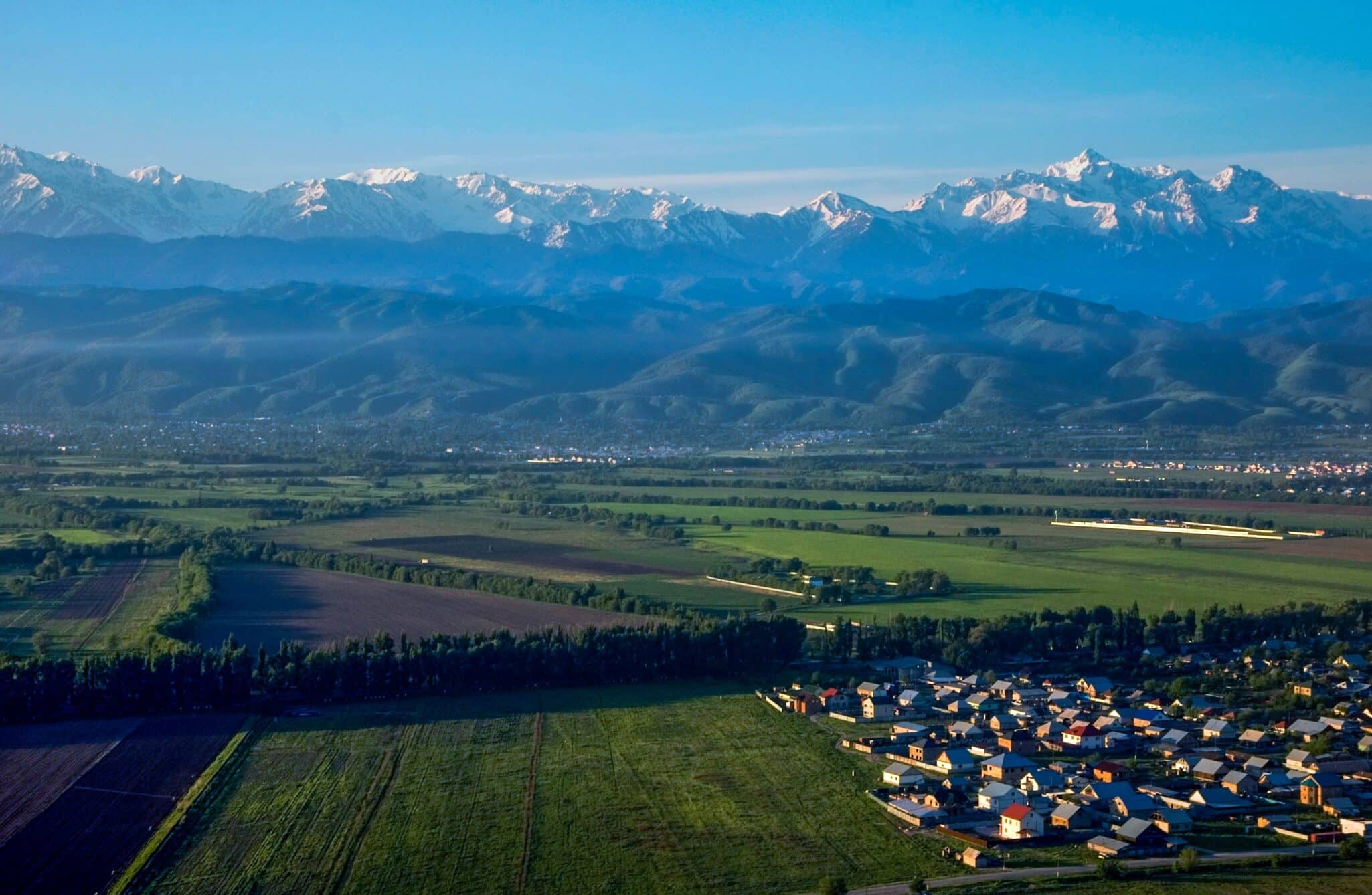Key Takeaways
- rTek, a precision agriculture startup in Kazakhstan, partners with global MMRV leader Perennial for soil carbon credit verification.
- The 10-year partnership focuses on regenerating 500,000 hectares of degraded grasslands.
- Project supported by the FAO and GEF aims to position Kazakhstan as a leading frontier in carbon finance.
- Initiative employs advanced measurement methodologies compliant with Verra standards.
- Investors and carbon credit buyers invited to support sustainable agriculture and soil regeneration efforts.
rTek Partners with Perennial to Launch Large-Scale Grassland Restoration and Carbon Credit Project
Almaty-based precision agriculture startup rTek has chosen Perennial, a global expert in measurement, monitoring, reporting, and verification (MMRV) of environmental assets, as its exclusive partner for soil carbon measurement and verification. The partnership, spanning the next ten years, aims to regenerate 500,000 hectares of degraded grasslands in Kazakhstan and produce high-integrity, globally marketable carbon credits.
The collaboration will combine Perennial’s sophisticated digital soil mapping (DSM) technology and advanced soil organic carbon (SOC) modeling with rTek’s local expertise in land management and carbon project design and implementation.
Transforming Grasslands into Sustainable Carbon Sinks
The primary objective of the partnership is to restore Kazakhstan's degraded grasslands through sustainable agricultural management practices. This will create significant opportunities in the global carbon finance market, positioning Kazakhstan as an emerging leader in nature-based solutions (NbS).
“Kazakh farmers and government are excited yet skeptical about soil carbon credits,” noted Stuart Bowlin, Managing Partner at rTek. “Now’s the time to roll up our sleeves and show how real carbon market funding can kickstart regenerative agriculture. Perennial’s super-accurate models, backed by our solid field data, are key to opening up these markets for Kazakhstan’s 184 million hectares of rangeland.”
Strategic International Support for Long-Term Impact
The project is supported by the Food and Agriculture Organization of the United Nations (FAO) with funding from the Global Environment Facility (GEF). It is part of the Kazakhstan Resilient Agroforestry and Rangeland Project, which promotes sustainable pasture management and seeks to leverage international carbon markets as catalysts for private investments in sustainability.
Baseline modeling is scheduled to commence in 2025, applying rigorous MMRV methodologies compliant with Verra’s VM0032 standards to ensure accurate and credible soil carbon credits.
Harnessing the Power of Grasslands to Combat Climate Change
Perennial CEO Jack Roswell highlighted the enormous potential of grasslands as carbon sinks, stating, “There’s more carbon stored in soil than in the atmosphere and all vegetation combined—yet we’ve only just begun to tap into soil’s potential as a climate solution. Grasslands hold extraordinary promise. With the right financial mechanisms and investment, we can reverse degradation and unlock natural carbon sinks at scale.”
This project underscores the significant potential grasslands offer in global climate strategies, given their extensive coverage and vital role in carbon sequestration and supporting rural livelihoods.
rTek Invite's Investor Collaboration for Scalable Impact
This innovative partnership represents a groundbreaking collaboration between a carbon project developer and an independent MMRV provider, marking a major milestone for scalable and transparent nature-based solutions in emerging markets.
rTek and Perennial invite investors and carbon credit buyers to join this effort, financing or purchasing verified soil carbon credits and contributing to sustainable agriculture, climate resilience, and local livelihoods. This initiative aims not only to restore Kazakhstan’s grasslands but also to create a replicable model for global soil carbon sequestration projects.


